“There is but one truly serious philosophical problem, and that is suicide.”—Albert Camus, The Myth of Sisyphus
Camus opens with the most direct formulation of the absurd: the recognition that life offers no built-in reason to continue. This is the first question because it strips the conversation down to its essence. If life has no inherent meaning, if the universe is silent, then why continue?
Many people avoid this question. Some through religion. Others through achievement. But for those who want to face the truth directly, the existentialists offer one of the most honest starting points.
We will explore four figures: Kierkegaard, Nietzsche, Sartre, and Camus. Each offers a distinct philosophical lens, but they share one precondition: a shared recognition that meaning is not embedded in the universe, but must be created. They do not escape into metaphysics or theology. They do not pretend meaning is easy. They do not offer comfort. They demand confrontation.
The Problem: The Illusion of Potential
The fear of failure—or more accurately, the fear of not living up to one’s potential—is a pervasive anxiety among people in their twenties. Having passed through the systems of school, university, and early professional life, they confront a gap between the promises made to them and the reality they inhabit. Raised with the assurance that they are special, that they will make an impact, that they will find work that is both fulfilling and well-compensated, they enter the world only to discover a more chaotic, indifferent terrain. They feel behind. Disappointed. Unclear on how to proceed.
This concern reflects a fundamental philosophical tension. The idea of "potential" implies that there is a pre-existing trajectory one is meant to follow. It places the weight of judgment on a fictional endpoint. It invites a form of self-surveillance in which one's identity is tethered to future performance. Social and familial systems reinforce this. From an early age, children are rewarded for achievements that suggest promise. They are told to keep their options open, to build their resumes, to become marketable. Even love and affirmation are often conditioned on success.
What the existentialists offer is a dismantling of this illusion.
Kierkegaard: The Leap of Faith
Kierkegaard believed meaning required a leap. In Fear and Trembling, Abraham is presented through the lens of commitment rather than moral virtue. His willingness to sacrifice Isaac elicits reverence from Kierkegaard, who is astonished by the depth of Abraham’s inward commitment. The leap of faith is openly anti-rational. It defies evidence and reason, chosen precisely in spite of them. For Kierkegaard, to live well is to choose—to leap—despite that absurdity. The mistake lies in avoiding the leap. To remain suspended in indecision, without commitment, produces a kind of existential anxiety—a restless tension between belief and doubt. Kierkegaard insists that this tension cannot be resolved intellectually. It must be resolved in action. The leap of faith releases the subject from paralysis by reorienting their life around chosen conviction rather than deferred understanding.
Sartre: Radical Freedom
Sartre, writing a century later, rejects the divine entirely and builds his foundation on the burden of freedom. In Being and Nothingness, he argues that existence precedes essence—there is no inherent meaning or identity; we are born, and only afterward begin to define ourselves through our actions. This premise reverberates through his fictional work as well, particularly in Nausea, where the character Roquentin confronts the nausea of a radically contingent world. Sartre presents freedom as a destabilizing force. It overwhelms, nauseates, and isolates. It demands that the individual author their life without guidance or guarantees.
Yet Sartre’s own commitments complicate this vision. His political turn toward communism, and the persistent hope that collective revolution could redeem human subjectivity, contradicts his earlier philosophical insistence on personal responsibility and the limits of systematized meaning. His embrace of Marxism becomes one of his greatest philosophical contradictions: in attempting to universalize freedom through ideology, he risks reproducing the very forms of determinism he once opposed. This raises an important question: what happens when we choose wrongly? When our freedom produces delusion and harm instead of authenticity?
For Sartre, the responsibility remains. Living authentically does not mean being right—it means choosing deliberately, accepting consequences, and refusing to shift the burden onto metaphysical constructs or social conventions. The fear of failure, then, is also the fear of being wrong without excuse. But it is only in accepting this possibility that real freedom becomes possible.
Nietzsche: The Courage to Create
Nietzsche confronts the same terrain but with more aggression. He recognizes the temptation to submit—to authority, to convention, to tradition—but sees it as a form of weakness. In a world without divine order, we do not find truth. We impose it. The Übermensch is one who accepts the chaos of life and creates values anyway. This requires courage, because there is no guarantee. One may fail. In fact, one likely will. But to attempt otherwise is to forfeit the possibility of real life.
From a psychological perspective, Nietzsche’s insight reframes failure. The idea of reaching one's "potential" assumes there is a fixed endpoint. But no such endpoint exists. The concept of potential is socially and culturally manufactured—embedded in us through systems of reward and punishment, reinforced by familial expectations, and hijacked by those who prioritize outcomes over integrity. In trying to meet external metrics, people abandon the development of a coherent self. Nietzsche’s solution is to create a uniquely authentic self, rather than conform.
Camus: The Absurd and the Refusal to Lie
In The Myth of Sisyphus, Camus defines the absurd as the confrontation between our search for meaning and the universe’s indifference. Suicide is the way out—an acknowledgment that the absurd cannot be borne. But Camus rejects this. He also rejects other forms of philosophical suicide, such as religion, which offer hope, structure, and certainty by smuggling in a logic that denies the absurd. Appeals to eternal truths, divine justice, or teleological meaning all function as escapes. They relieve the tension of absurdity by inventing a cosmos that speaks back. Camus wants something else. He wants rebellion. A clear-eyed commitment to continue in spite of the facts.
Unlike Kierkegaard, Camus does not demand faith. Unlike Sartre, he does not valorize radical freedom. Unlike Nietzsche, he does not deify the will. What he offers is deliberate persistence. He affirms the act of continuing. He reminds us that the struggle is not in vain and it is meaningful because we engage it.
Still, Camus is not exempt from critique. He writes as though the absurd can be cleanly confronted. But we know that life rarely presents its conditions so neatly. There are layers to our fears: some imposed, some chosen, some inherited. Camus gestures toward this complexity but leaves it underdeveloped. His challenge to us is not to follow his conclusions, but to inhabit the question fully. To continue asking. To refuse consolation. To think with rigor and live without illusion.
Synthesis: Living Without Appeal
The existentialists do not offer one answer. They offer methods. Kierkegaard tells us to commit. Sartre tells us to choose. Nietzsche tells us to create. Camus tells us to endure. Each philosopher has his limits. But together, they map the terrain of a life lived without guarantees.
In previous entries in this series, we explored the origins of our fear. We saw how culture, upbringing, and power shape our sense of what it means to succeed. We saw how some people, particularly those drawn to Machiavellian patterns, sacrifice their inner lives for the appearance of achievement. How others hide behind beliefs that were given to them, not chosen.
Now we see another layer. We are not meant to "reach our potential." We are meant to define it. There is no endpoint. There is only the process of engagement, of evaluation, of becoming. Not in the sense of perfecting the self, but in the sense of clarifying it. Not appealing to something beyond us, but finding what is already here.
The question is whether we will participate. Whether we will shape our lives consciously, or live in default.
Camus ends where we must begin.
Have the coffee. Push the rock. Do it without appeal, because the act itself is the only freedom we’re offered.

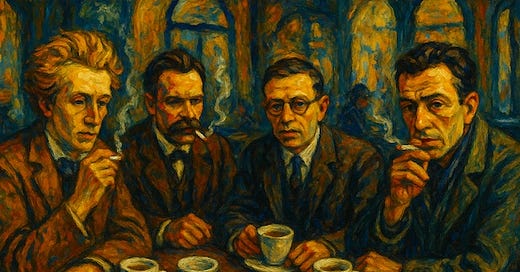


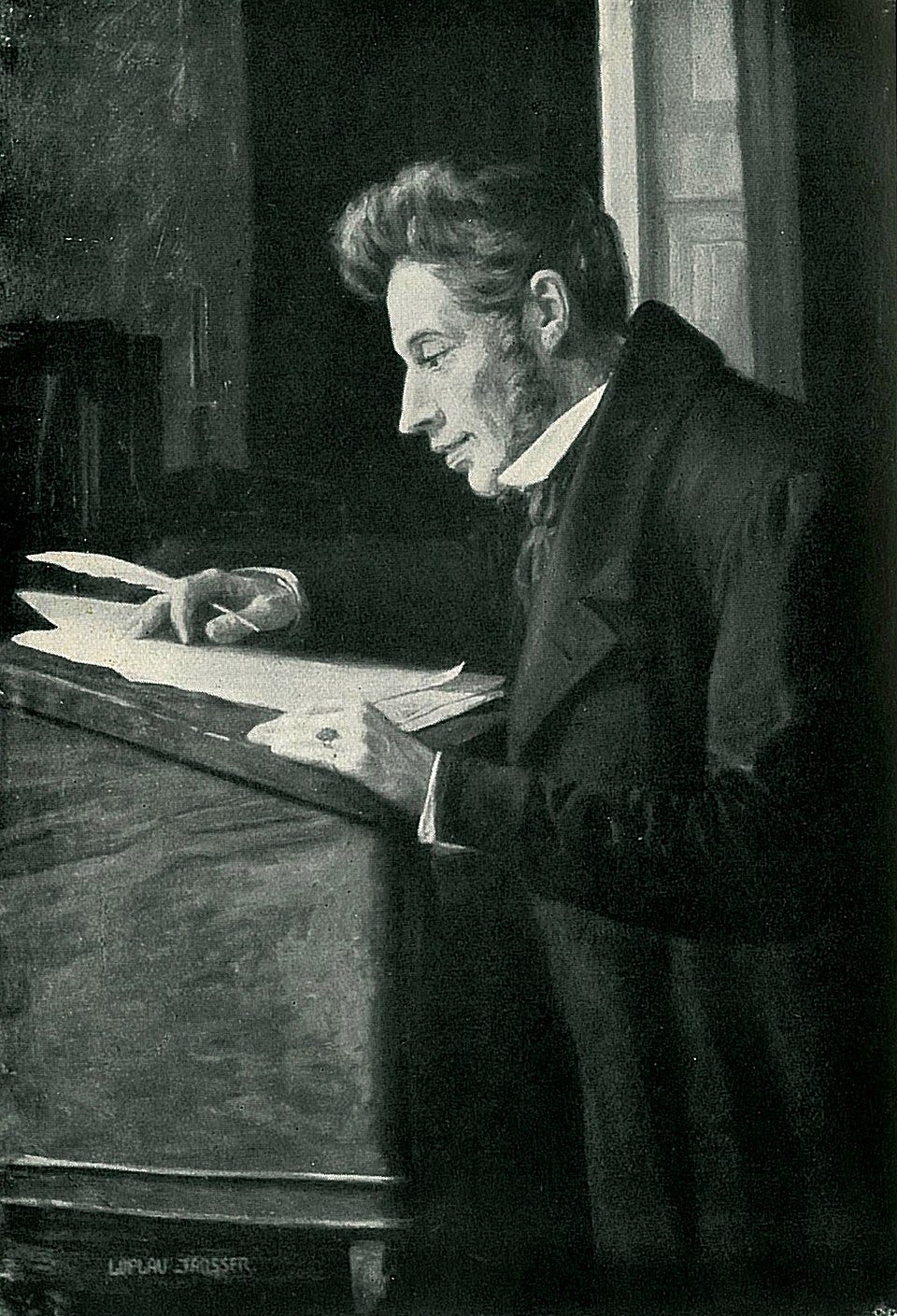
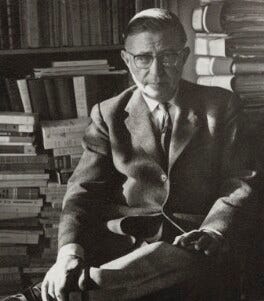
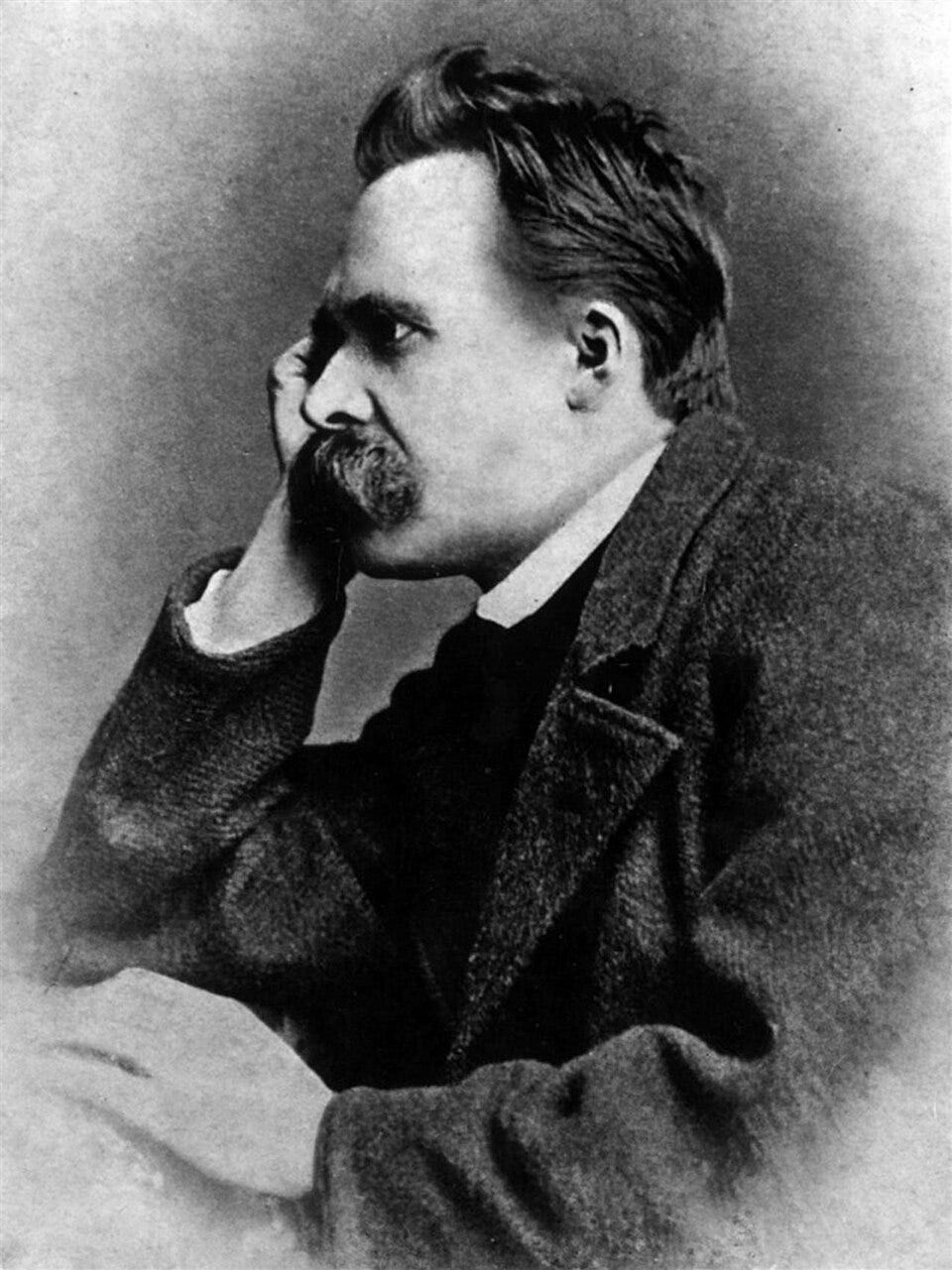
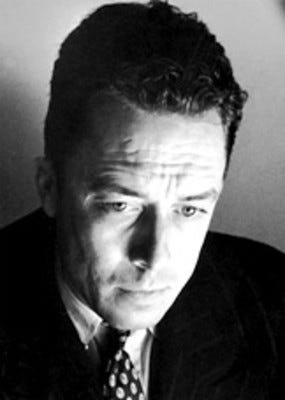
I love this! It really makes me think about looking within and listening to myself for answers. I first saw this essay and thought that I would go away from it favoring one philosopher over another, but the essay does a great job of showcasing how they all complement each other.